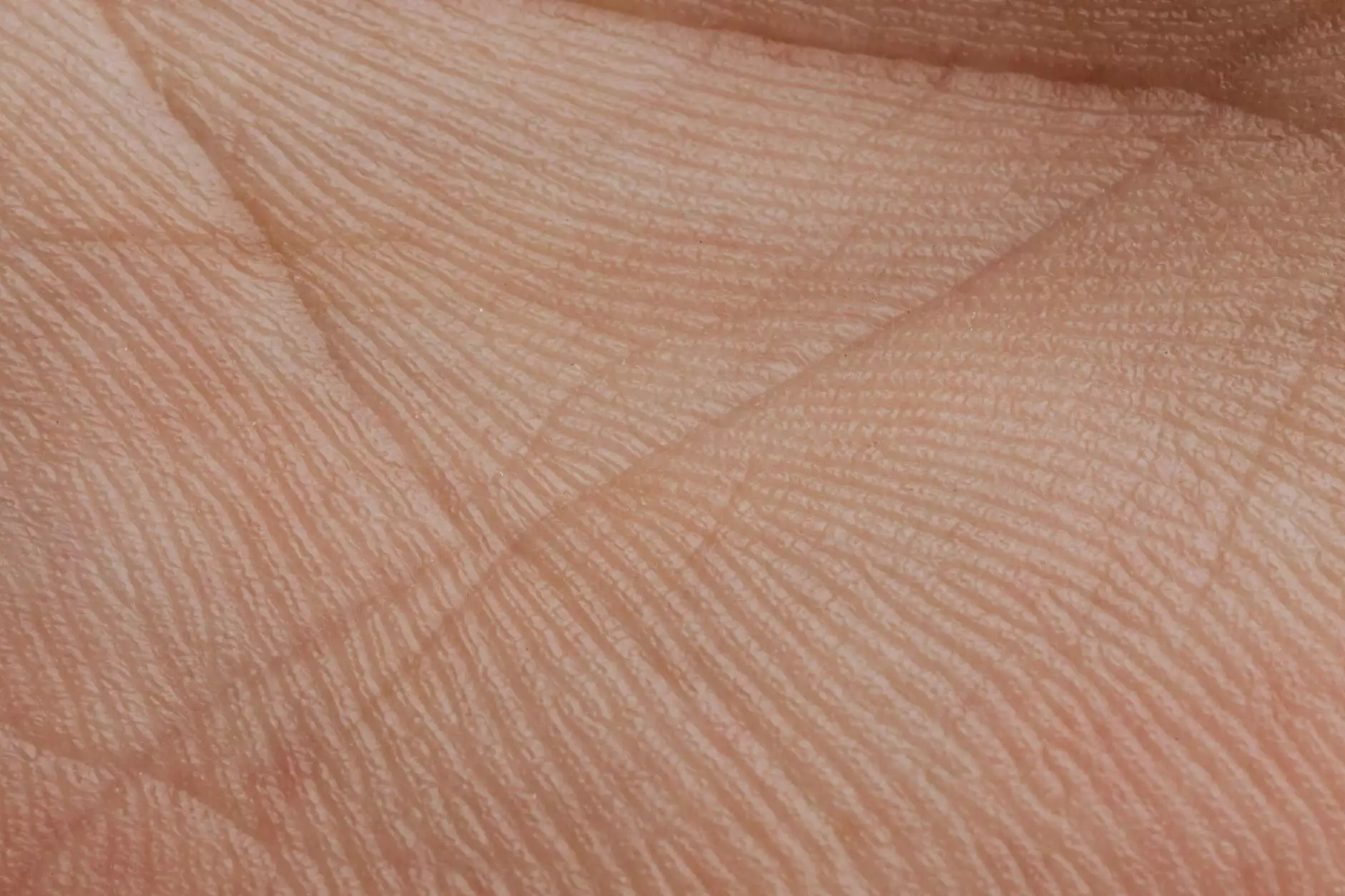How Lupus Affects the Skin

Introduction to Lupus
Lupus is a chronic autoimmune disease that affects millions of people worldwide. This condition occurs when the immune system mistakenly attacks healthy tissues and organs. While lupus can affect various parts of the body, including joints, kidneys, and lungs, its impact on the skin is significant and can cause a range of symptoms and complications.
Understanding the Skin Manifestations of Lupus
Lupus can affect the skin in multiple ways, leading to distinctive rashes, lesions, and other symptoms. The presence of skin manifestations is often one of the first signs of lupus, prompting individuals to seek a medical diagnosis.
Discoid Lupus Erythematosus (DLE)
One of the most common skin-related manifestations of lupus is discoid lupus erythematosus (DLE). This condition appears as red, scaly patches or discoid lesions on the face, scalp, and other sun-exposed areas of the body. These patches can be uncomfortable, itchy, and may result in scarring if left untreated.
Subacute Cutaneous Lupus Erythematosus (SCLE)
Another form of lupus that affects the skin is subacute cutaneous lupus erythematosus (SCLE). Unlike DLE, SCLE typically presents as annular or psoriasiform rashes. These rashes are often triggered or worsened by exposure to sunlight. People with SCLE may experience varying degrees of itchiness, sensitivity, and discomfort.
Acute Cutaneous Lupus Erythematosus (ACLE)
Acute cutaneous lupus erythematosus (ACLE) is characterized by a butterfly-shaped rash that spreads across the cheeks and nose. This distinctive rash is often referred to as a "malar rash," and its appearance can vary from mild to severe. Inflammation, redness, and sensitivity are common symptoms associated with ACLE.
Photosensitivity and Lupus
Individuals with lupus often experience heightened sensitivity to sunlight, a condition known as photosensitivity. Exposure to ultraviolet (UV) rays can trigger or worsen lupus-related skin symptoms, leading to flare-ups and increased discomfort. It is important for individuals with lupus to protect their skin by wearing wide-brimmed hats, using sunscreen with a high SPF, and seeking shade when necessary.
Managing Lupus-Related Skin Conditions
While there is no cure for lupus, proper management and care can help alleviate symptoms and improve the overall quality of life for individuals with the condition. Here are some tips for managing lupus-related skin conditions:
1. Consult with a Dermatologist
If you suspect that you have lupus or are experiencing skin manifestations, it is crucial to consult with a dermatologist who specializes in autoimmune diseases. They can provide an accurate diagnosis and develop a personalized treatment plan based on your specific needs.
2. Medication and Topical Treatments
In many cases, dermatologists may prescribe medications, such as corticosteroids, immunosuppressants, or antimalarial drugs, to manage lupus-related skin conditions. Additionally, topical treatments like creams, ointments, or gels can help alleviate discomfort, reduce inflammation, and promote healing.
3. Sun Protection
As mentioned earlier, protecting your skin from the sun's UV rays is essential for individuals with lupus. Use a broad-spectrum sunscreen with at least SPF 30 or higher, wear protective clothing, and limit sun exposure during peak hours.
4. Skincare Routine
Developing a gentle skincare routine can help soothe and maintain the health of your skin. Opt for fragrance-free, hypoallergenic products that are formulated for sensitive skin. Avoid harsh soaps, exfoliants, and products that may trigger irritation or worsen your symptoms.
5. Stress Management
Stress can worsen lupus symptoms, including skin-related manifestations. Incorporating stress-management techniques, such as meditation, yoga, or counseling, into your daily routine can help reduce stress levels and promote overall well-being.
6. Healthy Lifestyle Choices
Eating a balanced diet, exercising regularly, getting enough sleep, and avoiding smoking are essential lifestyle choices that can positively impact your overall health and potentially reduce lupus flare-ups.
Conclusion
Understanding how lupus affects the skin is crucial for individuals living with this chronic autoimmune disease. By recognizing the various skin manifestations, seeking appropriate medical care, and implementing effective management strategies, individuals with lupus can find relief and improve their overall quality of life. At The Enchanted Bath, we strive to provide resources and support for individuals managing lupus-related skin conditions. Visit our website to learn more about our products and how we can assist you on your journey to healthier skin.









